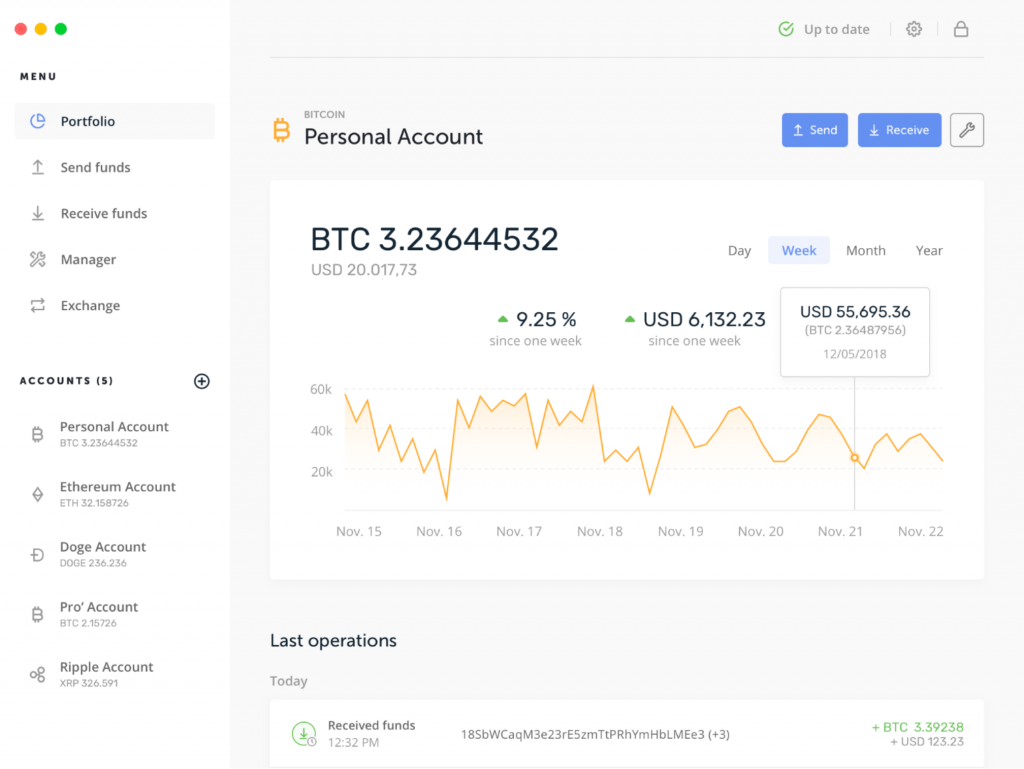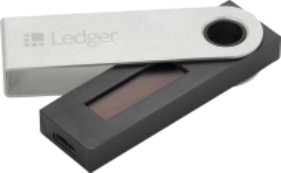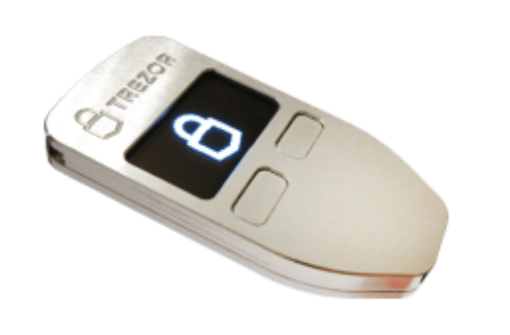Wallets consist of a public address and a private key similar to an email address and password. In the same way as email, you can tell anyone your public address but NEVER tell anyone your private key.
Addresses and keys can also be displayed as QR codes:
The private key allows you to send your bitcoin from your balance and the wallet provides a record of everything that you send and receive as well as an account balance in the same way a bank account does.
Your bitcoin will always be held on the Blockchain not actually in your wallet, you use your wallet to manage your bitcoin.
You will use a password or pin number to access your wallet, you will not need to remember the long private key. When you initially setup the wallet you will be asked to record 12 or 24 words called your ‘Recovery Seed’. It is important to record and store these words safely, ideally not digitally on a computer as they will allow you to recover and restore your wallet if you lose access for any reason.
There are different types of wallets each with its own pros and cons:
Online Wallets
Accessible from various devices anywhere with an internet connection but have an extensive scam history.
Mobile Wallets
A phone app, very handy for payments and more secure than online but possible problems if the phone is lost or broken.
Desktop Wallet
Software installed on your computer, safer than online but susceptible to viruses, getting hacked or your computer breaking down.
Hardware Wallets
A USB type device that very securely stores your private keys offline but makes accessing them more cumbersome.
Paper Wallets
A physical copy of your public and private keys on paper, safe option as unhackable but risks associated with keeping a piece of paper safe and secure.
Wallets are either described as ‘Hot’ or ‘Cold’ storage. Hot wallets have a connection to the internet whereas cold wallets are offline and subsequently less susceptible to hacking but not as convenient to use.
At Dragon Bitcoin we recommend using cold storage via a hardware wallet if you have more than £1,000 worth of bitcoin as this is the safest option. The two most widely used and tested options on the market are:
Only ever purchase them directly from the companies that make them or reputable dealers so as to avoid scams and ALWAYS take security, backup and recovery of any wallets seriously.
Remember, the person who has the private keys of the bitcoin owns it, so bitcoin left on trading exchanges is always at risk from hackers or the exchange itself. There are few, if any regulations to protect the customer. If it gets stolen, it is unlikely you will be compensated so only leave bitcoin on an exchange if you intend on trading it in the near future otherwise keep it in a wallet YOU control.




